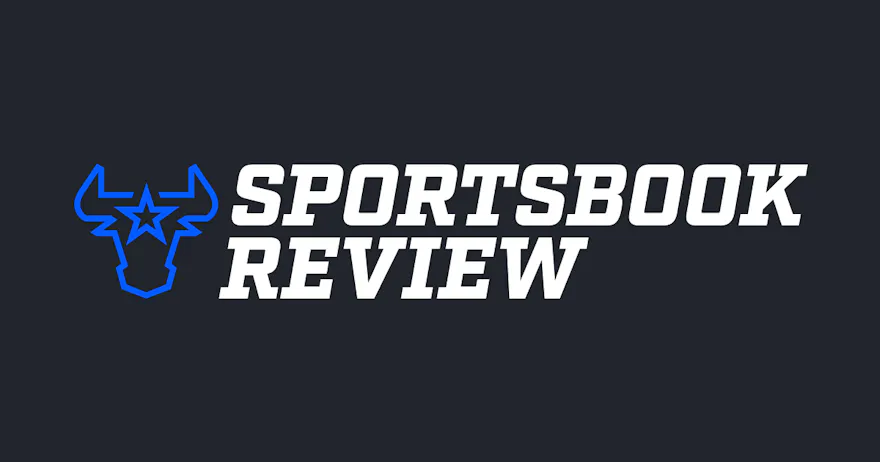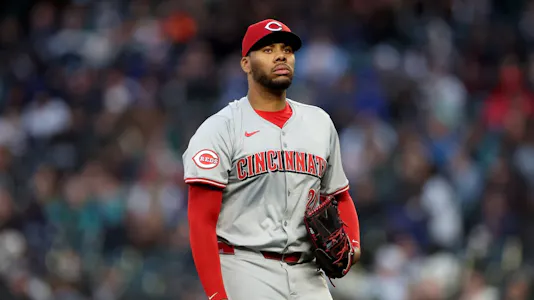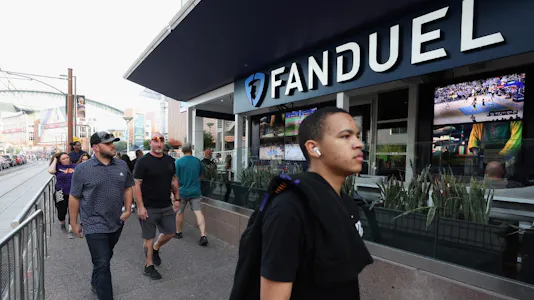William Hill Sportsbook to the Rescue in Washington DC

Sports bettors in Washington DC will finally get some competition in what has been an unflattering rollout of their legalized wagering platform when British bookmaker William Hill officially launches their sportsbook Monday at Capital One Arena. Up until now, bettors in the area were forced to depend on the DC Lottery’s underwhelming GambetDC platform which has been plagued with delays, questionable odds, and an overall feeling that it was not serving the customer well.
The single-vendor model run by the DC Lottery and supported by Greek betting giant Intralot has been the only game in town since sports betting was officially legalized in May. The no-bid contract awarded to Intralot was even contested in court but the suit was eventually dismissed by a superior court judge. A virtual monopoly that existed is a thing in the past with William Hill's emergence in what should be an attractive market going forward.
Issues in the DC Market
The legal betting scene in Washington DC has been a disaster for almost 18 months. It finally went live in May after running into a few brick walls along the way. Some of the issues that faced bettors in DC were uncompetitive odds and a signup process that was viewed a cumbersome and unattractive to most customers of the platform. Because of the issues with the platform's launch, Washington, DC didn't see a bet placed for 15 months after legal betting was approved.
The "lottery model" vs. "casino model" has been the subject of much debate in the US, even before Washington DC launched its own "lottery model" in May. The state of Montana adopted a Washington DC-type model in 2019 and has been ripe with issues since its launch. Also supported by Intralot, Montana's market has been plagued by substandard odds and a general feeling that the company was ill-equipped to deal with the day-to-day workings of a sports betting platform.
Single-vendor models have also been plagued with issues in the US market since the 2018 Supreme Court decision to overturn the blanket ban on sports betting in the US. Rollouts in Oregon, Rhode Island, and New Hampshire haven't exactly gone smoothly and were presented with their own sets of issues along the way.
What William Hill's Emergence Means
With William Hill's soft launch Friday and official grand opening Monday at Capital One Arena's ticket window and betting kiosks around the stadium, it ends the sports betting monopoly in the DC market. Competition is good for both consumers and providers - both will see the benefit immediately.
The William Hill sportsbook becomes the first dedicated gambling destination in the city - Intralot's lottery platform is mobile-only. It brings with it more competitive odds and the backing of an enormous betting conglomerate that boasts 169 sportsbooks across the country. A recently Eldorado/Caesars merger will see William Hill take over sportsbook operations at Caesars brand properties on the Vegas Strip and around the country as well, making William Hill one of the biggest providers in the US.
William Hill is a huge, recognizable global name that gives the DC market instant credibility. That credibility is what drove them to become the first provider to launch a sportsbook at a professional sports arena or stadium in the country - in DC.
Lasting Impact
William Hill's Capital One sportsbook will likely have a lasting impact on not only Washington, DC but also the nation as other Arenas and Stadiums look to bring on sports betting providers of their own.
With the return of live sports (although most are in bubbles for the time being), comes the desire to wager on bettors' favorite teams. The Washington Nationals are in the midst of their title defense, the Mystics of the WNBA, the Wizards of the NBA, and the Washington Capitals of the NHL are all primed to contribute to the legal wagering landscape in the Nation's Capital.
The timing couldn’t be better for William Hill or Washington DC bettors. Everybody wins in the DC market starting Monday, with the possible exception of Intralot that loses a huge chunk of their market share.







